Men's Wrap Up
By David Bevan, Men's VP

Men's Wrap Up
By David Bevan, Men's VP
The 2024 season ended for the men’s section with our metro team finally winning the flag. After a couple of seasons where the team came so close, it was very much deserved and a fitting reward for another hard-fought season. In many regards, the metro team are a paragon for the what the section has strived to become – their success is based on their willingness to develop from within, to bring the right culture on and off the pitch and to push themselves beyond what’s expected.
Getting six teams on the pitch each week doesn’t just start in round 1, it’s a year-round job that requires the contribution from many people. Firstly, the coaches; Evan Jewell, Greg Paul and Todd Robinson continued to do a fantastic job bringing together the Premier League, Pennant B and metro sides respectively. We were also fortunate to have Matt Mullins, Cam MacPhie and Jack Bannister join our coaching staff and bring with them a wealth of experience across the grades.
Secondly, we must show our gratitude to the team behind the scenes – Sam Hill, Pip Dudley, Bruce Cook and Leesa Needham particularly have really helped our section compete, be at the right place and make sure that everything is prepared in the hours before and after we push back.
Our premier league and reserves had a mixed season – while the final league position probably wasn’t what we hoped for – the performances were. In every game we were competitive – often missing out on points in the last couple of minutes. The adage about sprints and marathons is applicable for how we review positions on the table – the longer-term race is the more important one, and we should be celebrating the improvements (of which there were many) as we move into the next season’s premier league campaign.
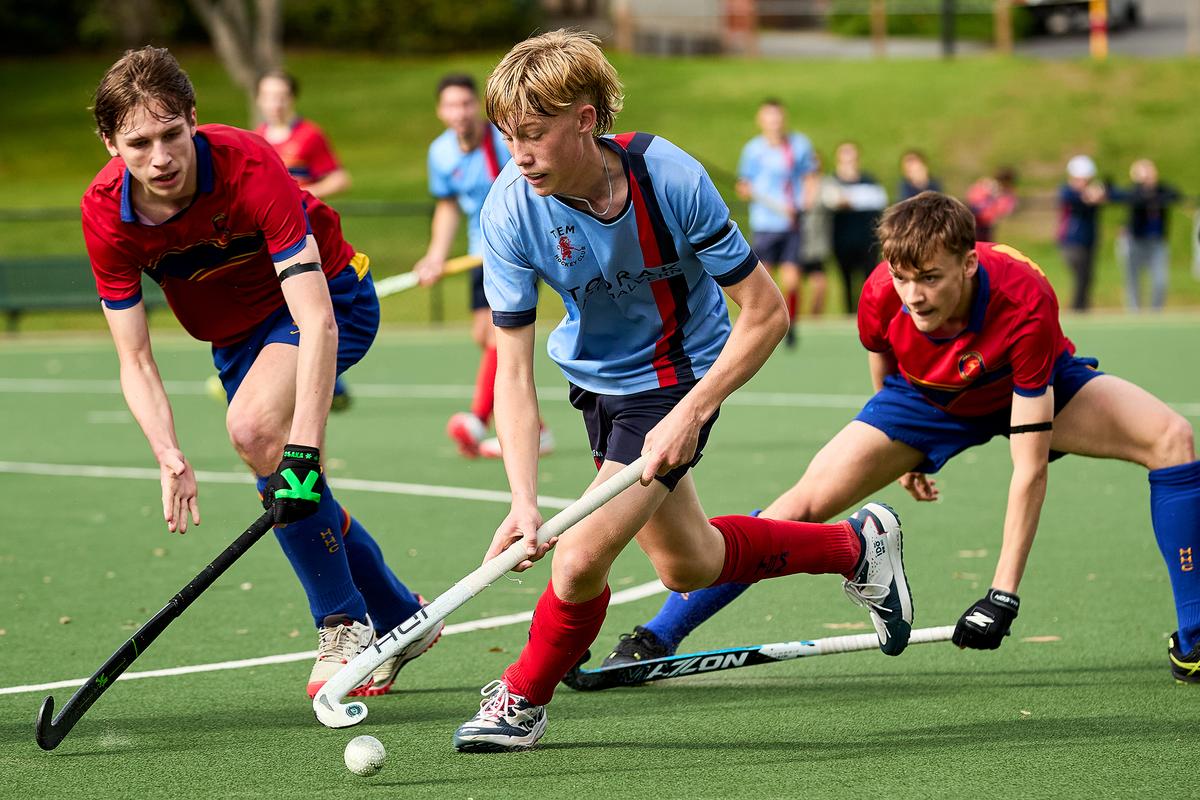
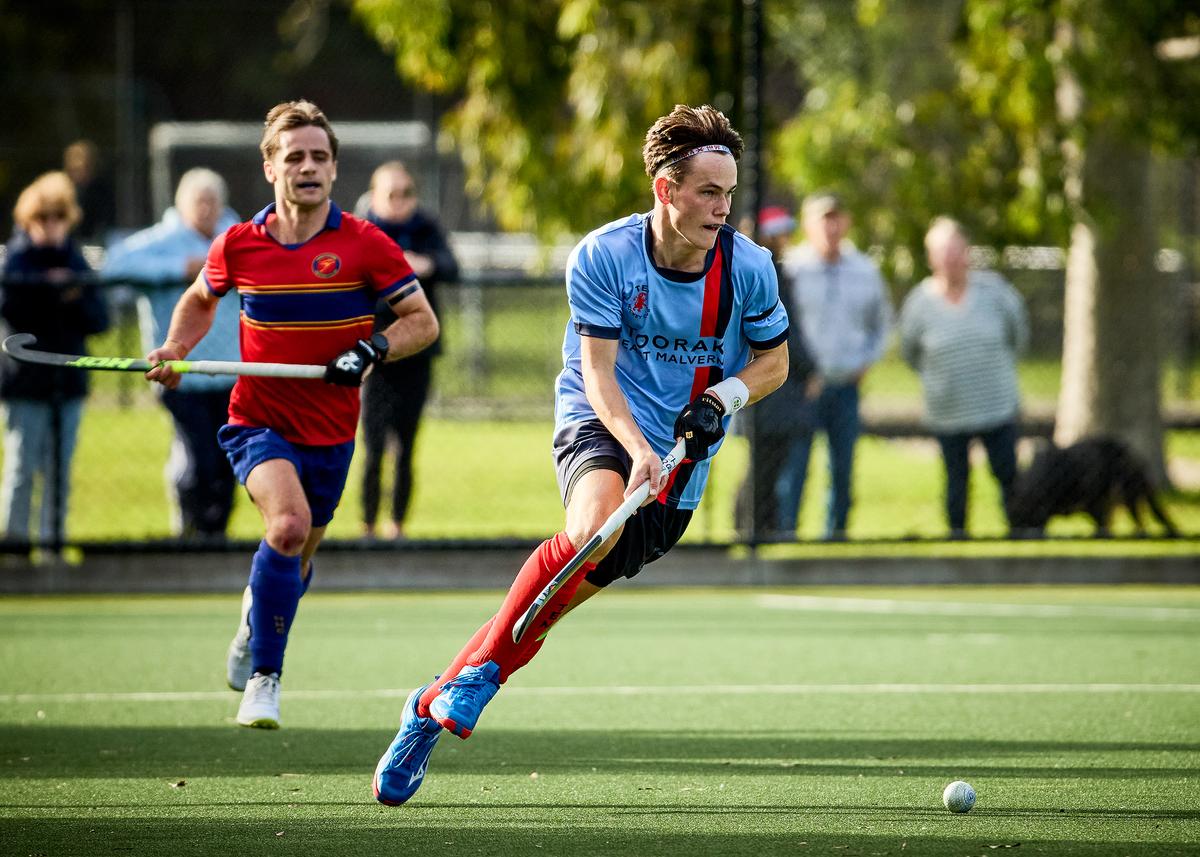
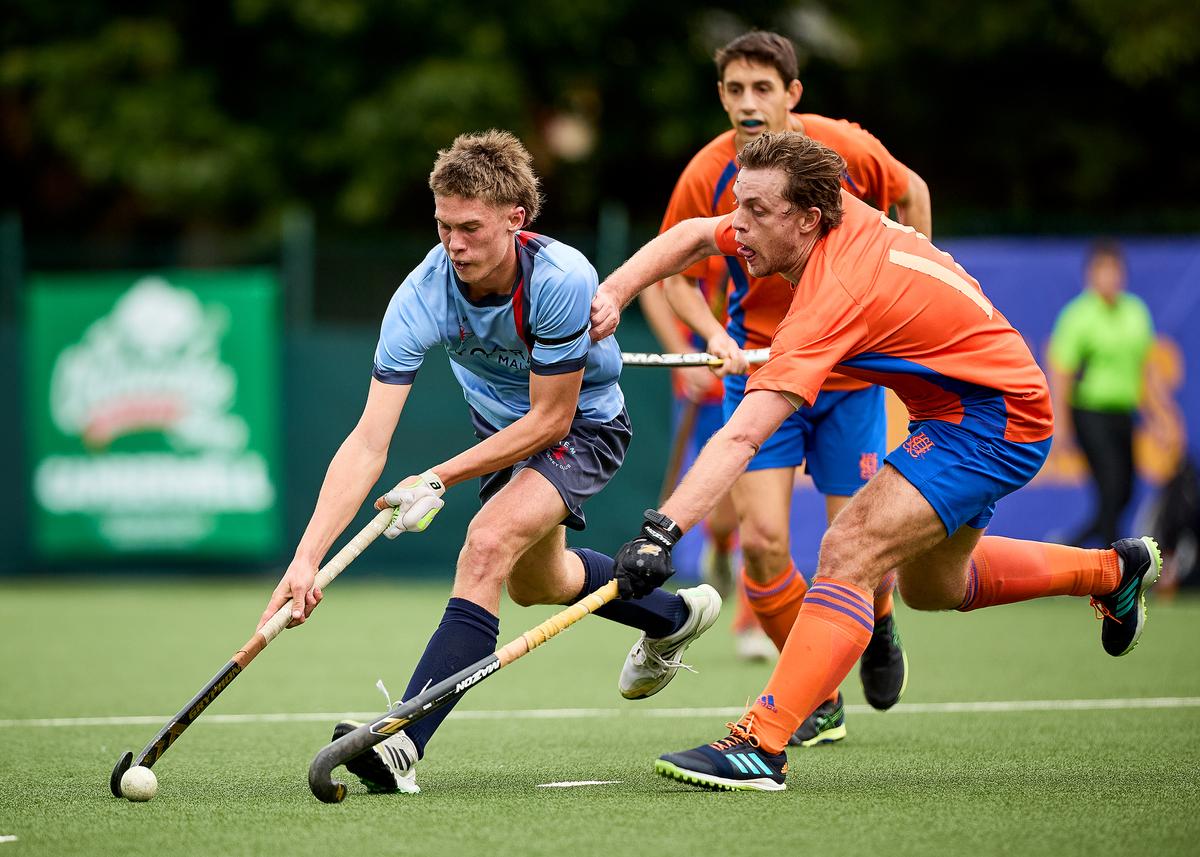
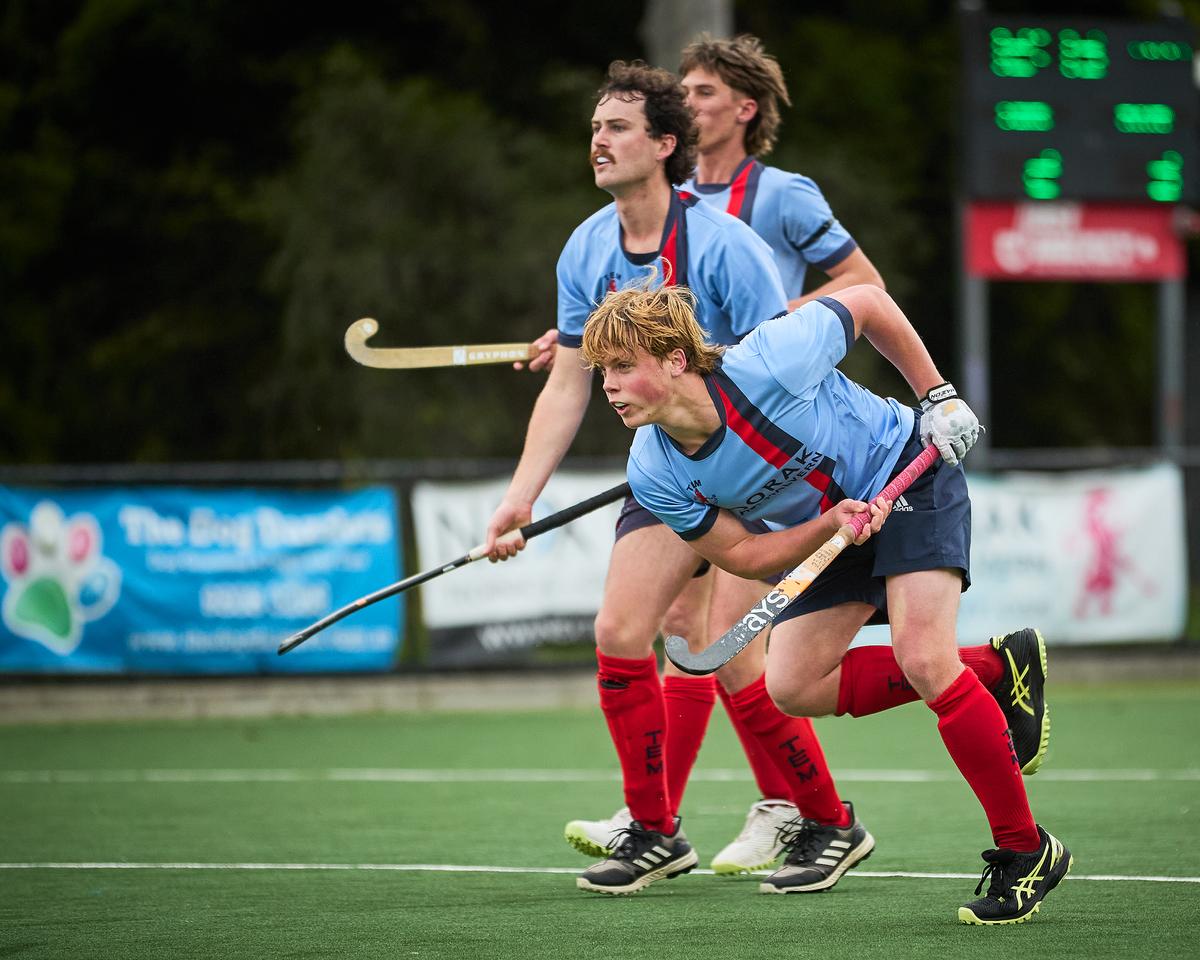
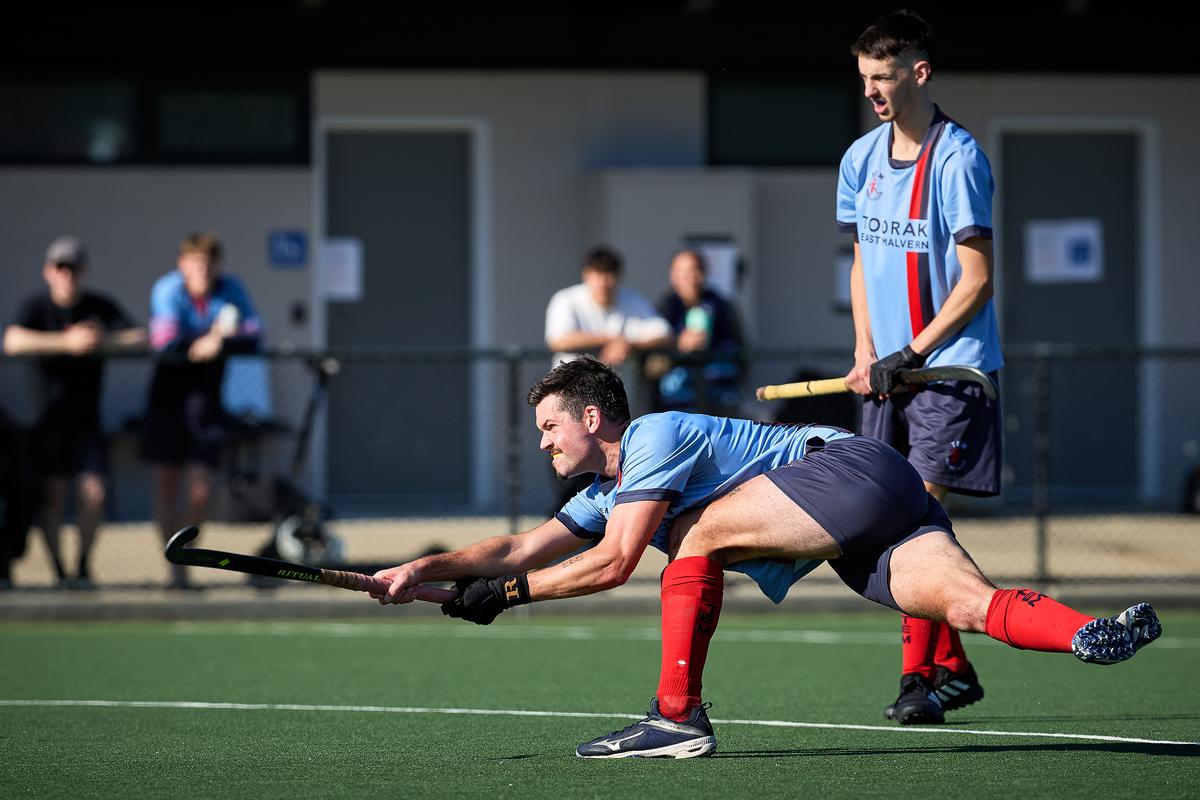
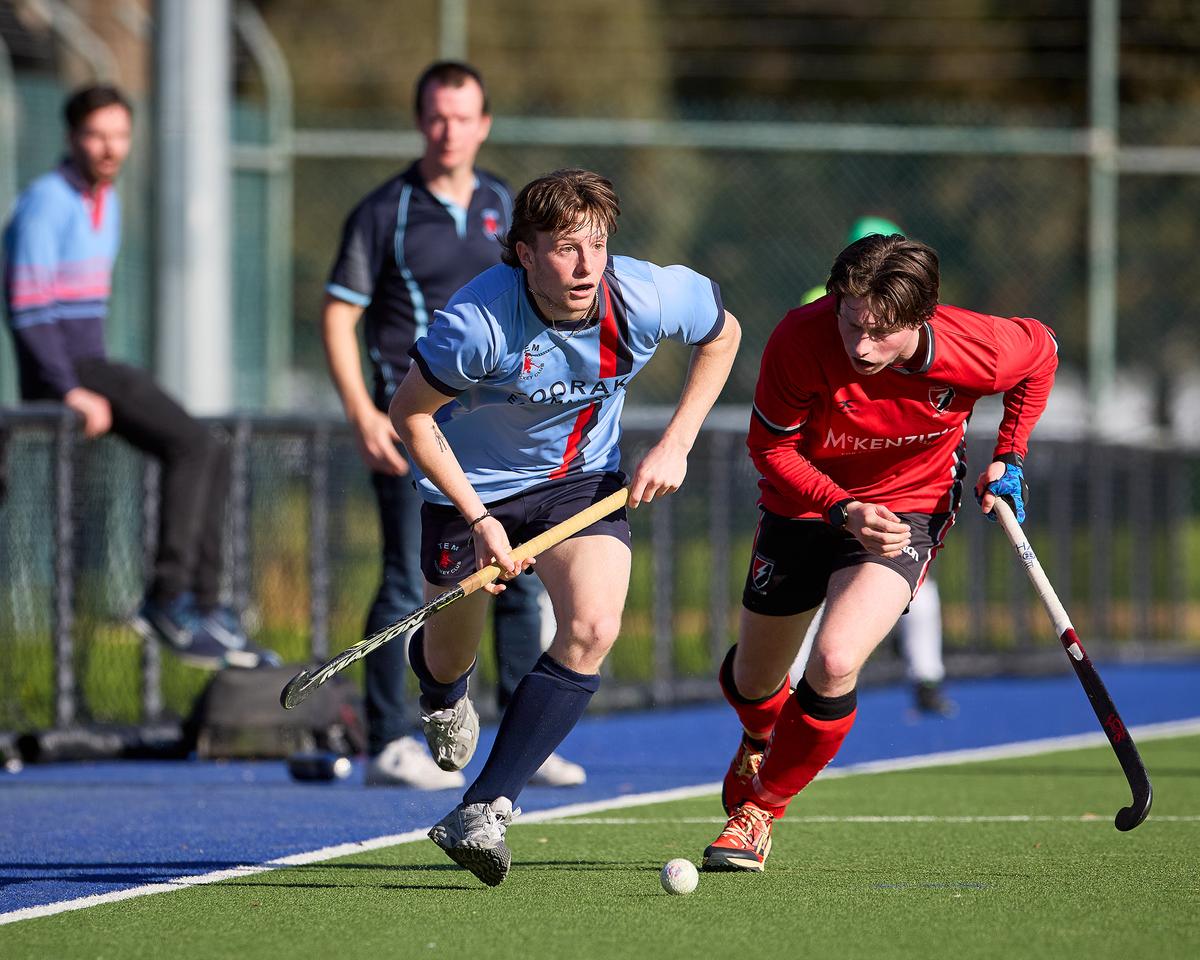
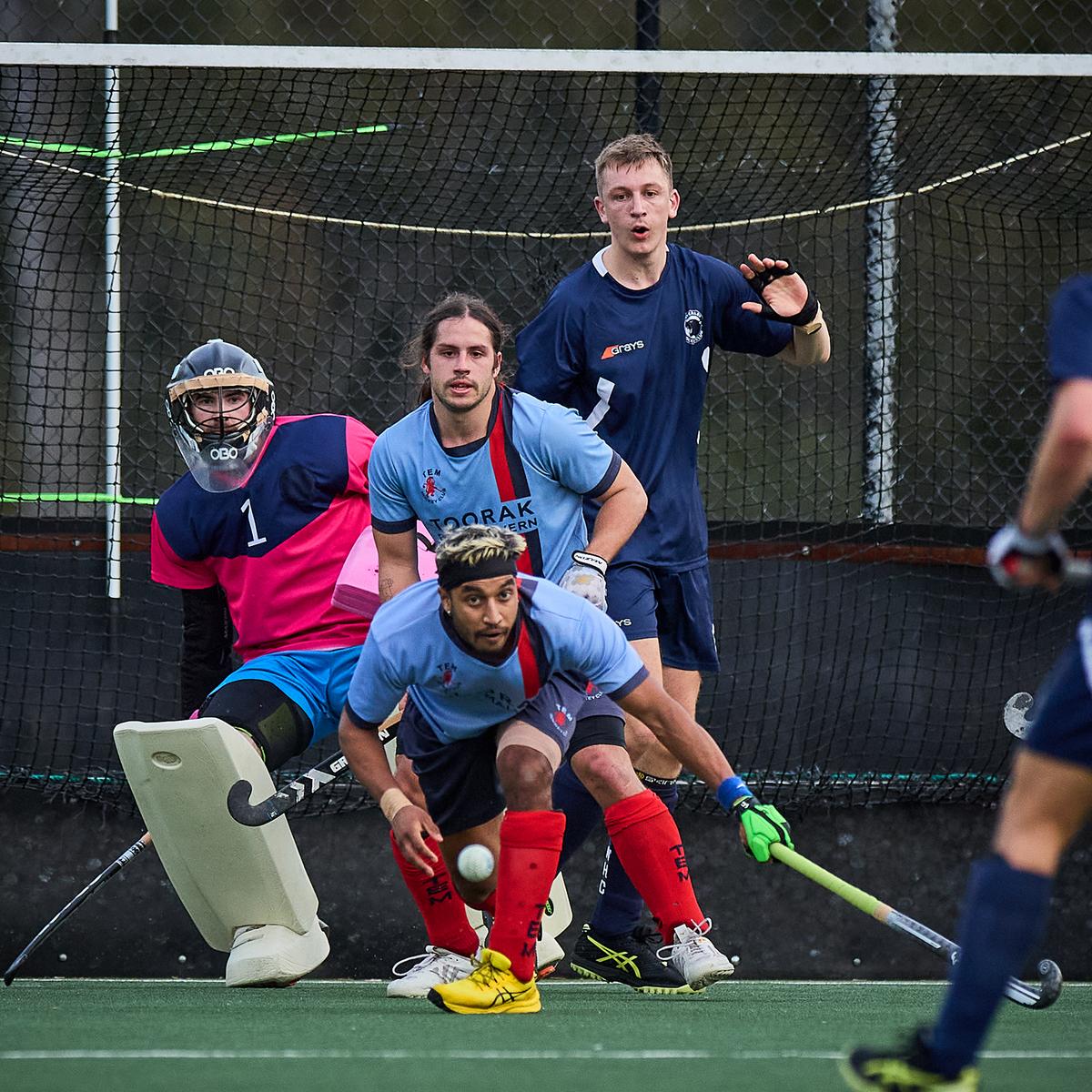
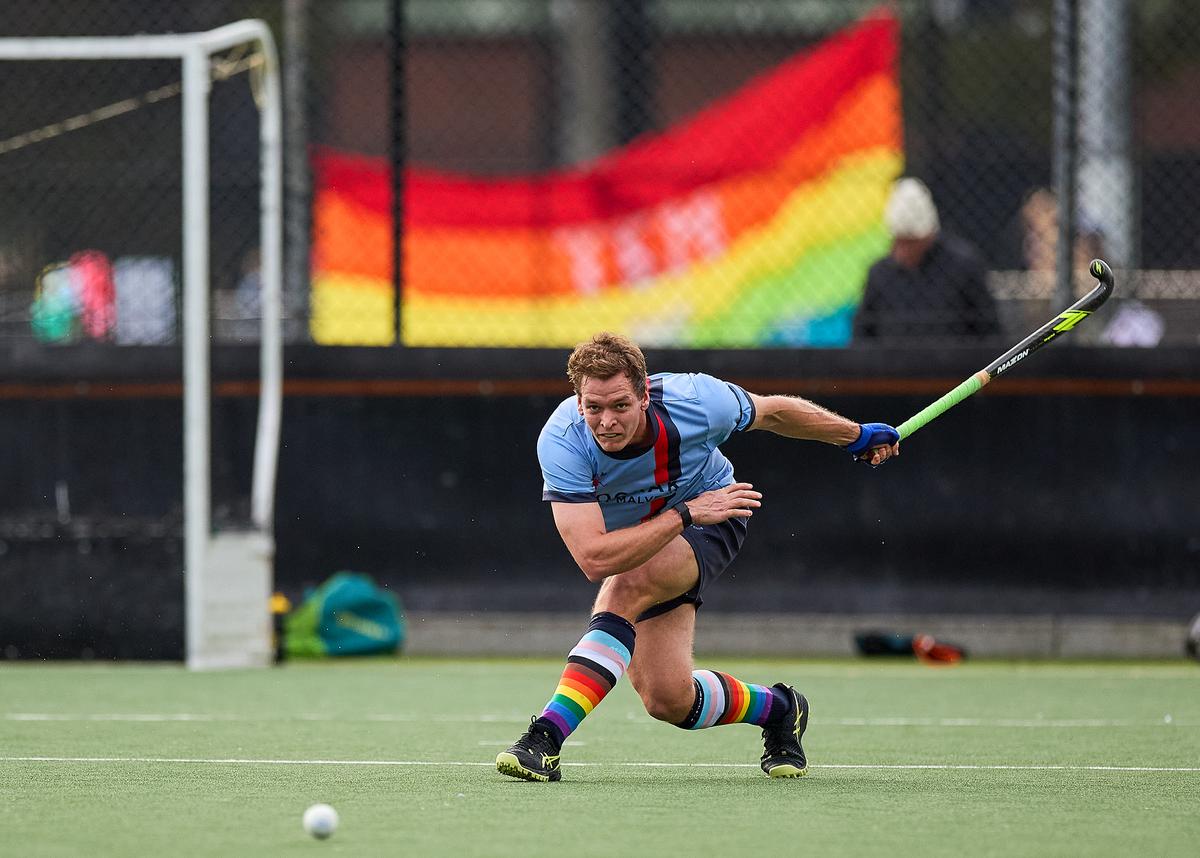
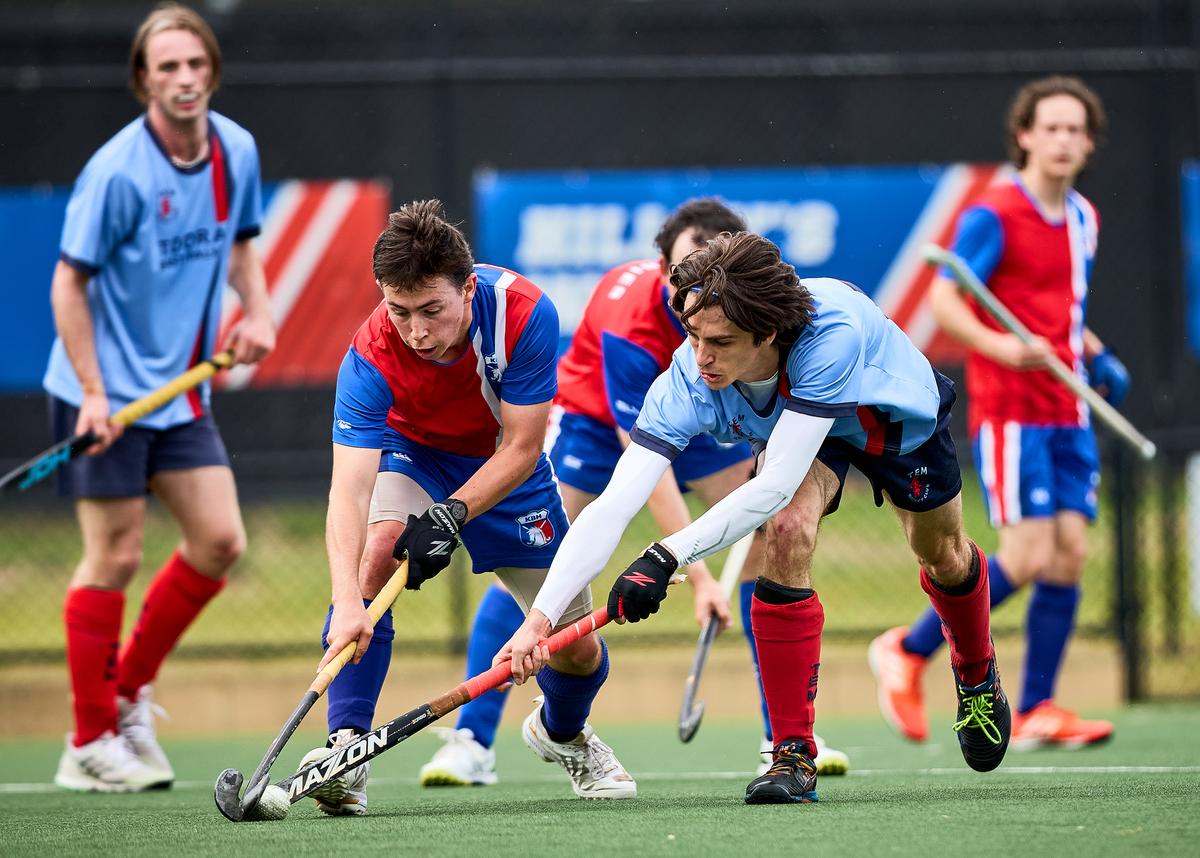









Pennant A underwent a transformation this year, reversing last season’s result and transforming themselves into a genuine force in that grade. Much of the credit for that achievement should go to Matt Mullins – but the players themselves deserve recognition for the rebuild they embarked upon.
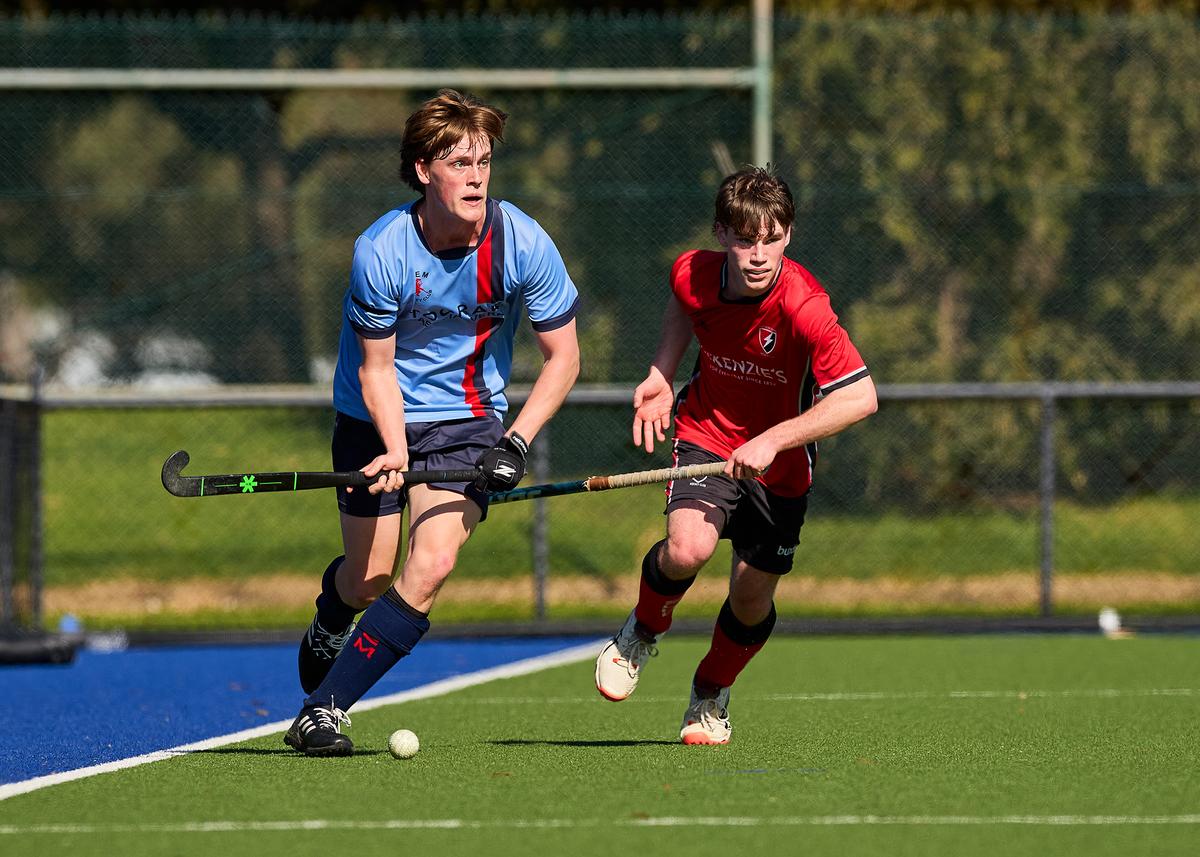
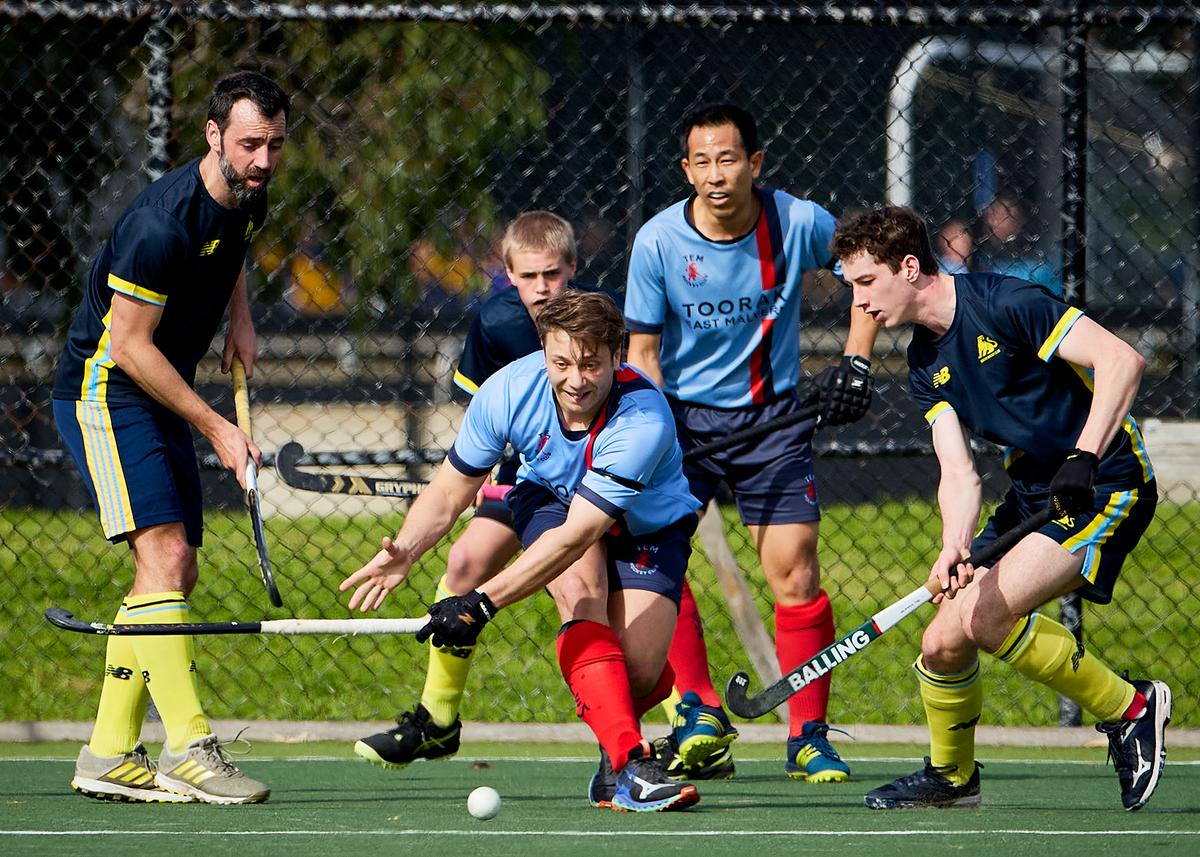


Pennant B remain the most consistent team across our section – it speaks volumes that the number of junior and “masters” players they have fielded have gone onto to do incredible things for state and national teams.
Pennant C had an interesting season – the results weren’t always pretty. However, the “togetherness” of that squad was really the success story of the season. It’s easy to play, train and be around the club when you’re winning. It takes a bit more character to do it when you’re not – yet players always showed out to watch teams, get down on rainy Wednesdays and represent at functions.
Regrettably, we lost two players that were (and will continue to be) important parts of the section and club. Will Murdoch passed late last year; he was an immense character – loved by all of us and we miss him terribly. During the season, we also lost Stu Hamilton – Stu and his sons have given so much to the club and his passing was a shock to us all.
In my previous reports I often spoken at length about the juniors who came through this year – Giles Debeljak, Remy Grutzner and Michael Suzor had their debut senior games – with Callum Proser, Brodie Eager, Julian Suzor, Elliott Baker and Emerson Marshall all playing at higher levels than the year before.
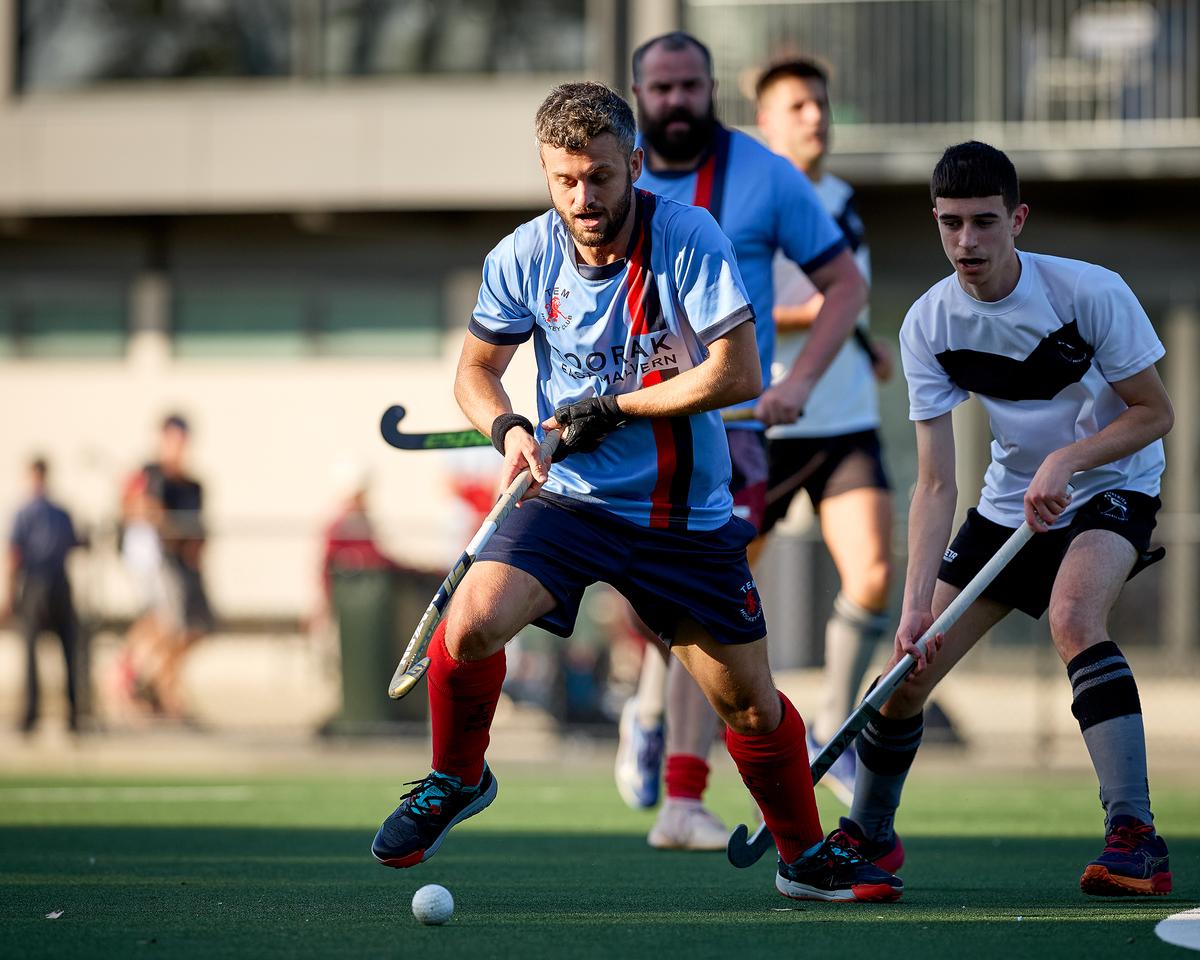
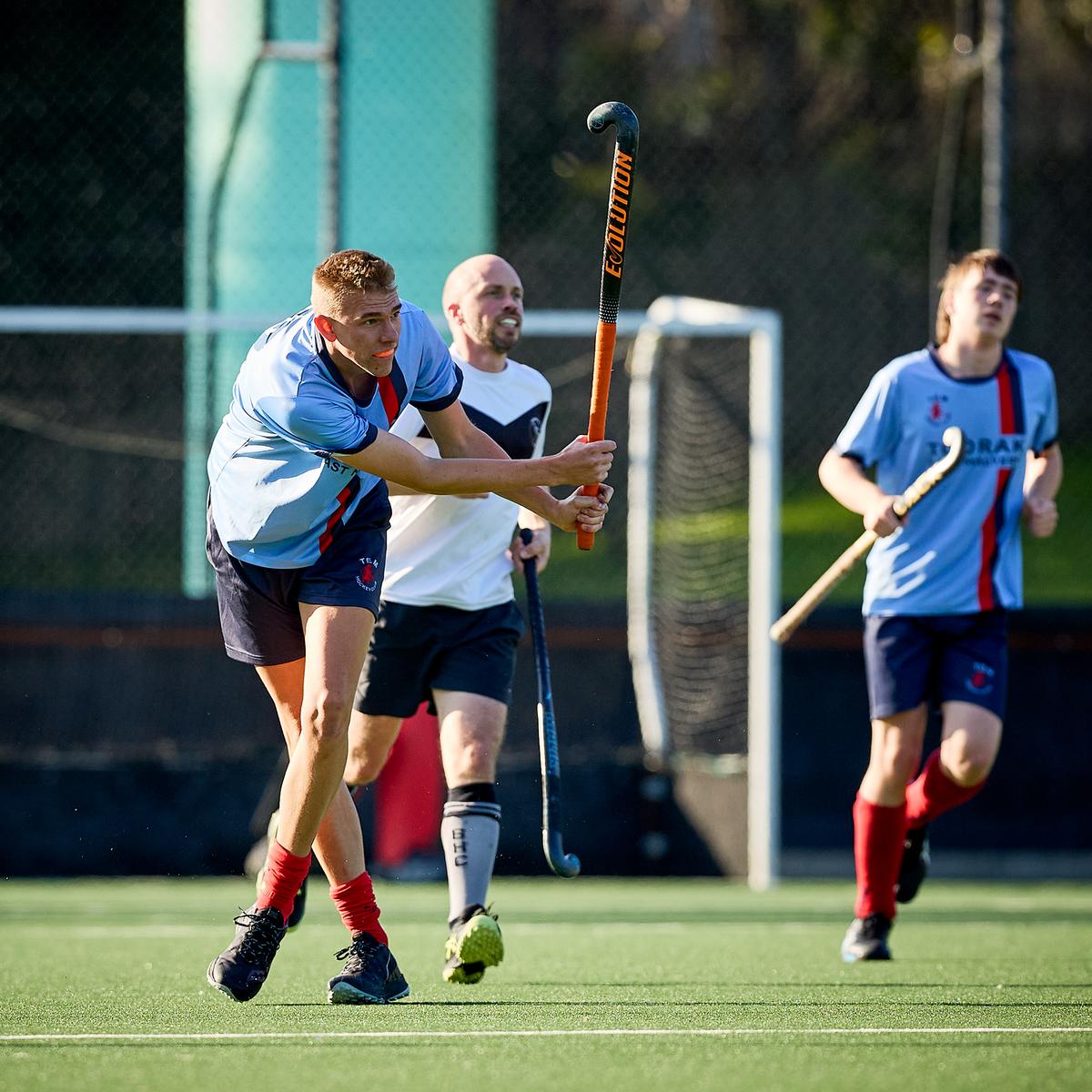
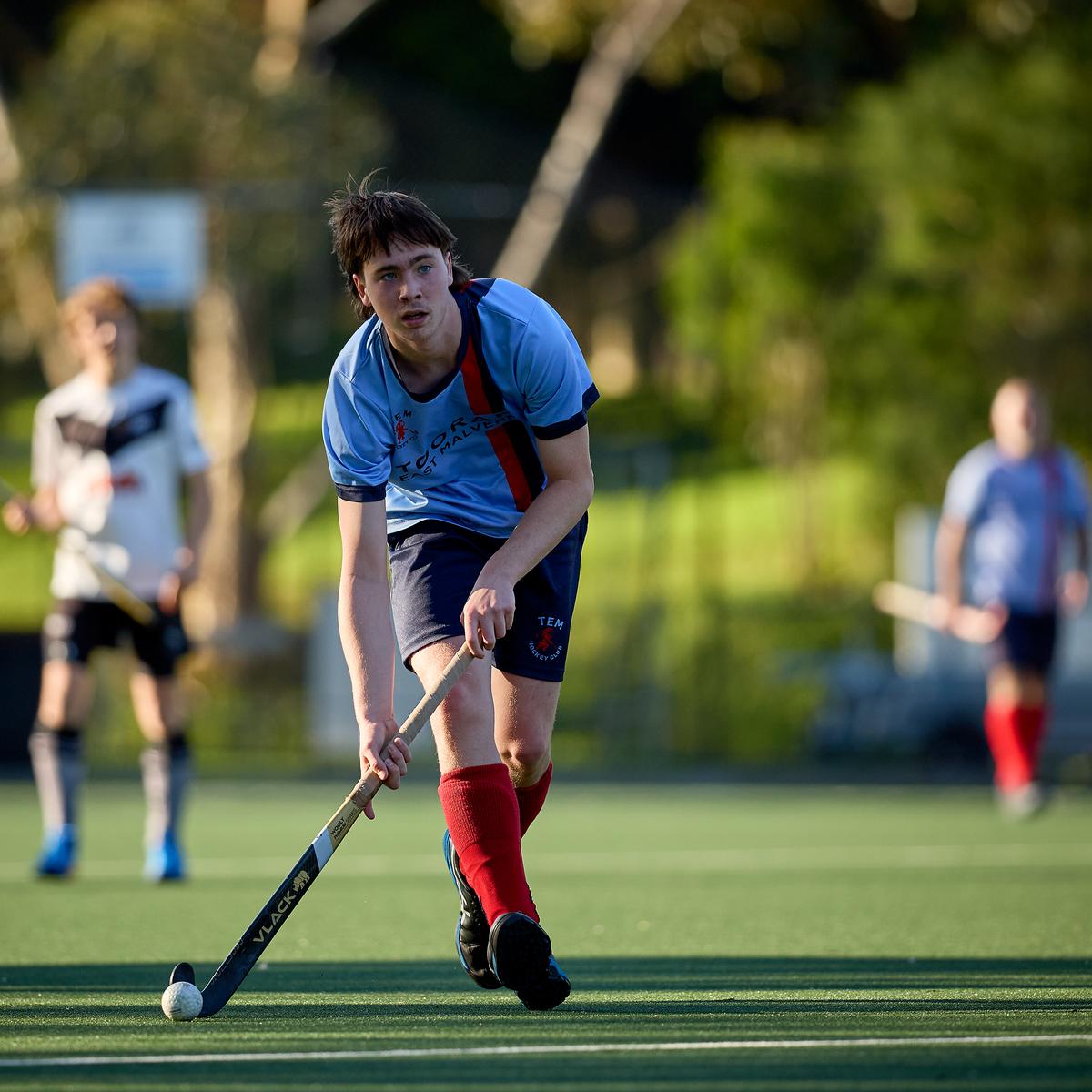
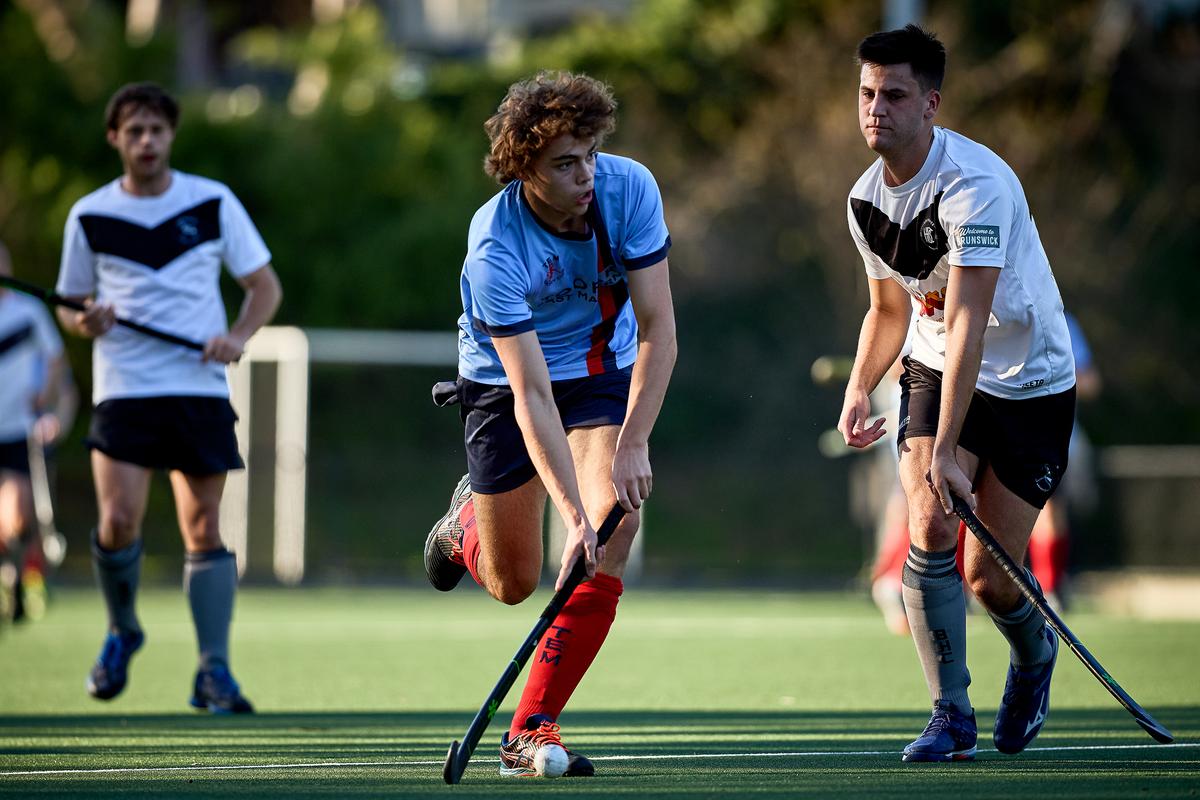
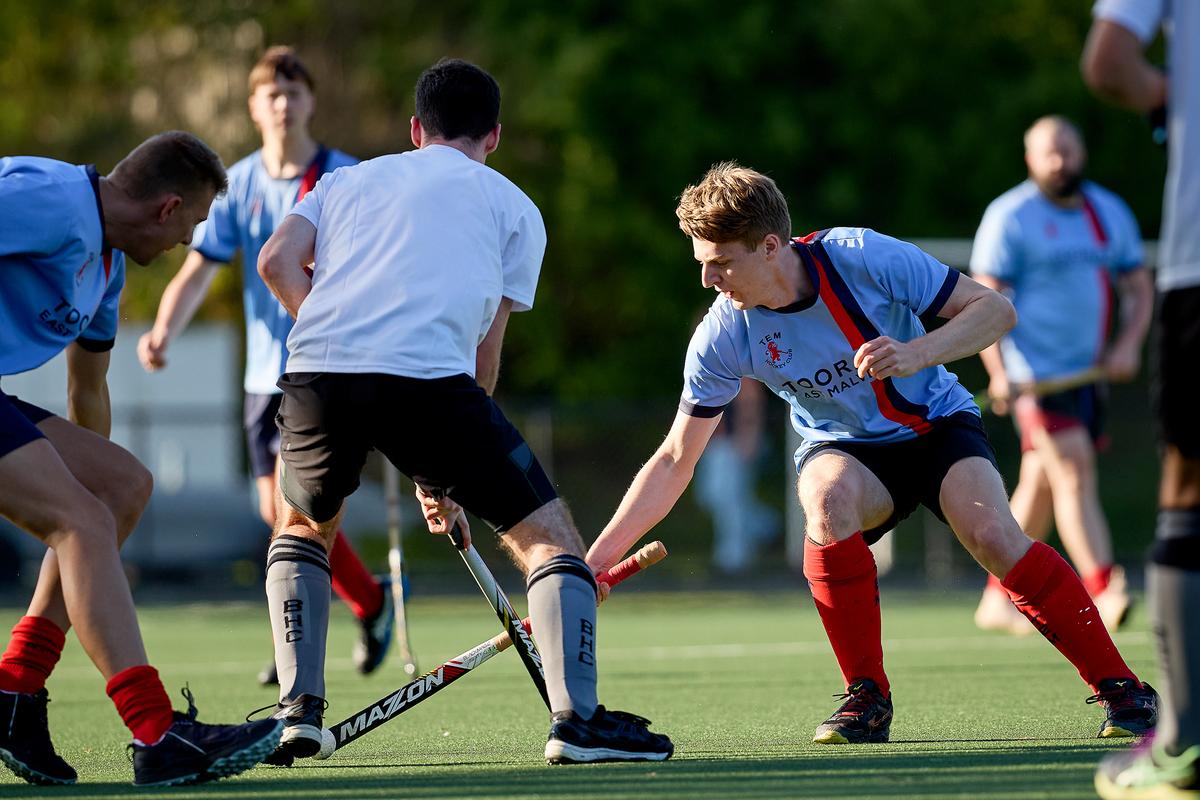





I also want to shine the spotlight on our Masters players this season – you’ll see from Alan’s report that our masters men’s teams had quite the season. Across all our grades, we have players in that “master” bracket who have contributed a huge amount to the success we’ve had this year.
With 2025 rapidly approaching the men’s section will continue to look for opportunities to improve. Our goals will focus on recruitment and growing the section – bringing back players, investing in our juniors and supporting our senior players to play more games. We’ll also look to readdress the inclusivity of the section – as we’ve gotten bigger, we’ve maybe drifted from our “one club” core value. We want return to our “pre-COVID” ethos that saw much more mixing between teams.